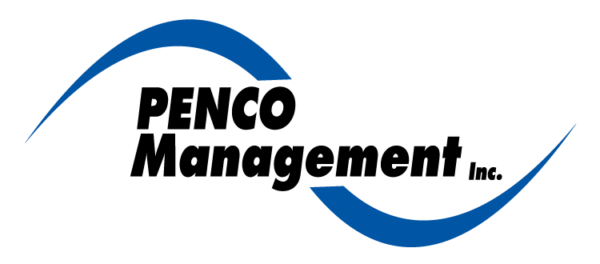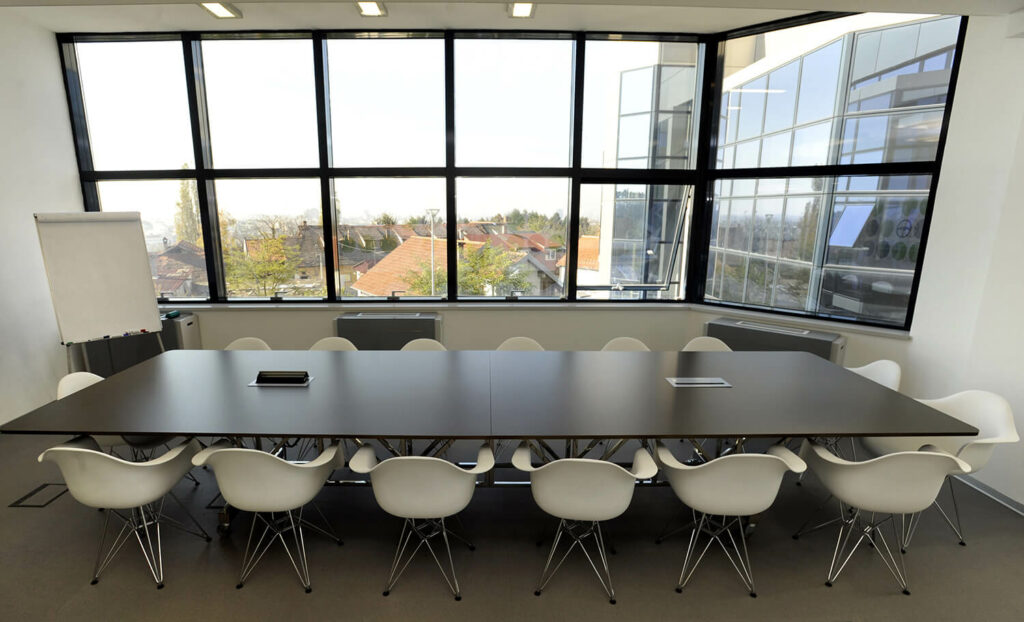Toys for Tots in Your Community Association
Developing a Community Toys for Tots Drive in Your Association A great way to give back to your local area is to develop a Community wide Toys for Tots drive! Each year many Communities participate in the U.S. Marines Corps Reserve Toys for Tots Program. The U.S. Marine Corp. collects new, unwrapped toys during the …





